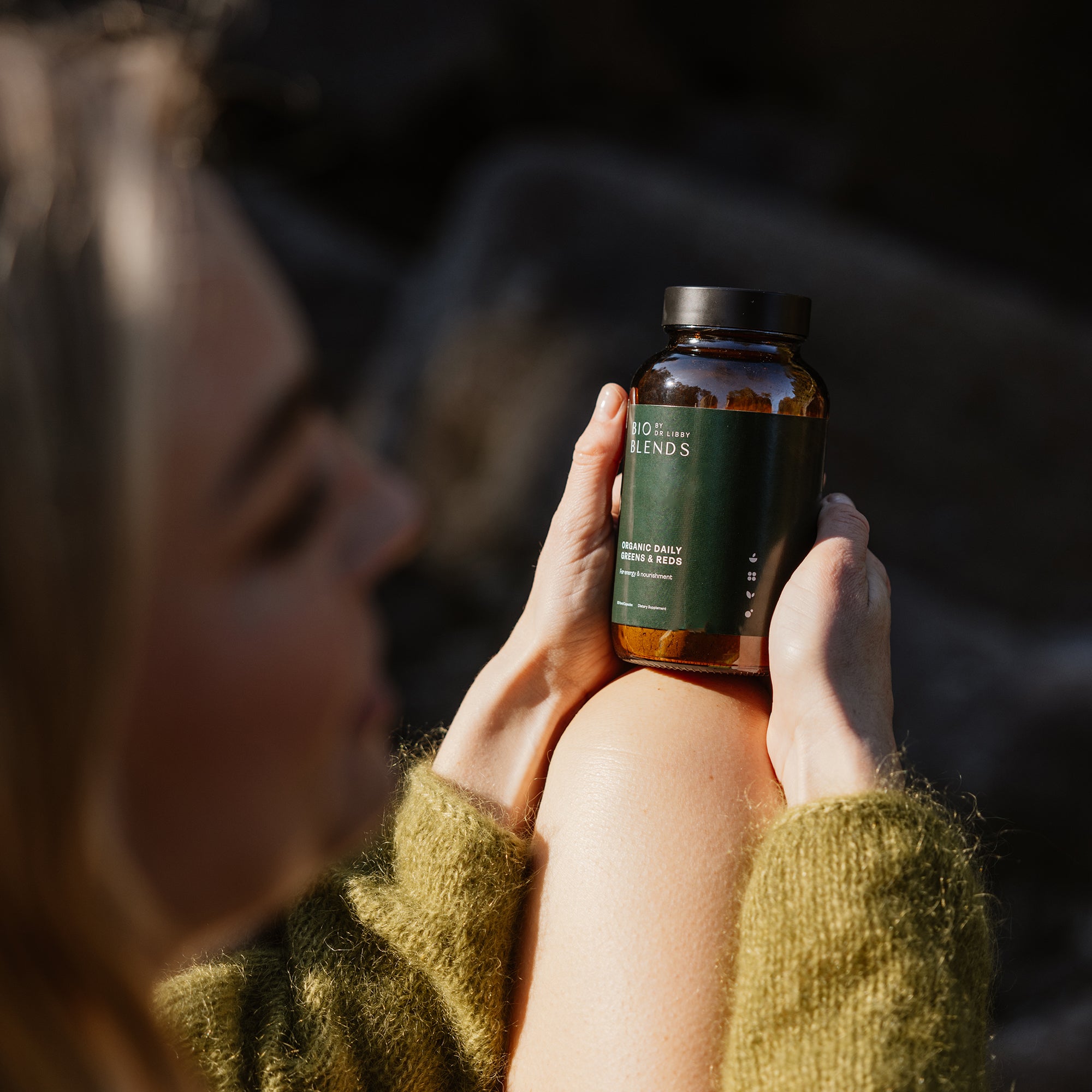
Taking medications with herbal medicines – what you need to know
If you’re taking prescribed medication(s), or you have a diagnosed medical condition, it’s important you discuss any supplements you would like to take with an experienced health professional who knows about herbs.
One of the reasons herbal medicines can be so beneficial, is that they do not work in a linear, or singular way. A herb or herbal combination might support liver, gall bladder and kidney functions because of its unique properties – think of it as if each plant has a signature. The action of each individual herbal medicine is the result of the complex array of vitamins, minerals, phytonutrients, antioxidants and bioactive compounds that all work together to make up the plant’s trademark action(s). Almost all herbal medicines have multiple mechanisms of action, and multiple ways they can be applied clinically.
In a similar manner, humans are often never just ‘one thing’ when it comes to the elements that make up their unique health picture. Conditions, disorders and symptoms tend to occur in clusters, because nothing in the body stands alone.
Interactions – looking at the whole picture
When considering if the use of a supplement or herbal medicine together with a prescribed medication, a number of elements need to be considered:
- What is the person’s level of current health?
- What is their bowel, liver and kidney function like?
- What aspects of their diet or lifestyle need to be considered? e.g. Do they smoke? Are they sedentary? Do they eat plenty of vegetables?
- What are the risks associated with the prescribed medication?
- What are the metabolic pathways that the prescribed medication is metabolised or cleared through?
- What is the person’s family history and does this influence a prescribing decision?
- Is/has the person (been) taking other similar supplements and for how long?
- What evidence is there for each component of the supplement to interact, or be contraindicated with the person’s medication, or medical condition?
- If there’s no evidence of interaction – what are the possible ways that the combination may positively or negatively influence the drug they’re taking, or the diagnosed medical condition they have?
As you can see, there is much to consider which is why it’s prudent to have this conversation with your experienced health professional, to obtain advice specific to your own health needs. The health professionals you’ve chosen to work with on your own journey to wellness will all have had an initial consultation with you and/or will have cared for your health over a longer period of time and thus be in the best position to advise you on the risks or benefits of adding a new supplement(s) to your regime. If you don’t have an experienced natural health practitioner and would like to work with one, Jenny Brooks, the senior practitioner, naturopath, medical herbalist, and nutritionist at the Dr Libby clinic offers online consultations and has patients all over the world. You can read more about Jenny here.
Having a health care team
All health professionals will have varying levels of knowledge and specialisation when it comes to the elements commonly found in supplements such as nutrients or herbal medicines. In some instances, you might want to work with more than one health professional, or request they work in tandem with you.
For instance, a medical practitioner may be your primary care physician, however, you might want to see a nutritionist for specific dietary advice, a physiotherapist or chiropractor if you have an injury or rehabilitation you need to do, and similarly, practitioners such as naturopaths and medical herbalists have extensive knowledge on and experience in prescribing herbal medicines and nutrients. They can also work with you and your primary care physician to yield the best health outcomes for you.
Please keep in mind that health professionals hold expertise in the areas they were educated in. For example, a GP is brilliant at what they were trained to do – diagnose and usually offer medication as a solution. Unless a GP has completed additional post-graduate training in nutrition and/or herbal medicine, they may have limited knowledge in these areas and as such will often advise you not to take anything. As humans we tend to say no to or be very cautious with things we don’t know about. A medical herbalist is trained in the use of herbal medicines and part of that training is knowing all specific herb-drug interactions so when it’s herbs you want to take, a medical herbalist is the most appropriate person to consult.
Here’s another example of seeing the right person to meet your needs and the direction you want to go with your health, treatment, or recovery. A conventional oncologist will usually treat cancer with the most up-to-date drugs (such as chemotherapy), radiation and/or surgery, all of which may be essential for the patient’s survival. If you ask them about taking additional nutrients and/or herbs, they will almost always recommend you don’t, as they will be concerned that what you take might interfere with what they are wanting the chemotherapy to do. And most often, this is advice is well-founded and spot-on. At other times, it may be poorly-informed. However, if you consult an integrative oncologist, they will usually have undertaken additional education and extended their knowledge to know what nutrients and herbs either support the base level of health of the patient (so that they cope better with their chemotherapy and other treatments or for general immune or digestive system support), which nutrients and/or herbs actually help the chemotherapy in its actions, as well as other treatment options.
There is no right or wrong way. There’s just the road that’s best for you, the one you’d like to take, and it’s important you don’t expect all health professionals, regardless of their training, to have accurate knowledge about nutrients and herbs – it takes years of specialised education and experience to be in a position to confidently advise others.
There are many herbs that can be taken with commonly prescribed medications. Supplemental nutrients and herbs can help rebuild health for some people that, in time, lead them to require less medication (a process that must be guided by your health care team, including your medical professional).
Make sure you seek to obtain the right advice for you.




